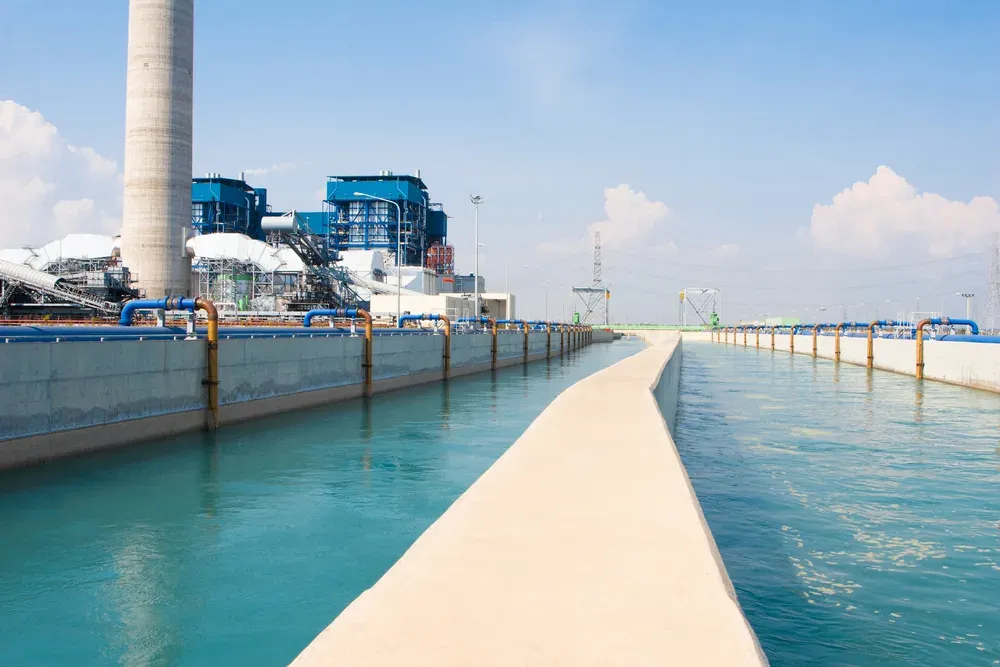Oil Water Treatment Technologies Course
Introduction:
Generation of oil-water emulsions is a common practice in the petroleum-based industries, and oil-water emulsion separation becomes imperative for meeting environmental management and economization in operations. This course discusses the basic principles, processes, and modern methods of water treatment systems contaminated with oil, covering both theory and practice.
Participants will be exposed to chemical and mechanical methods of separation, electrocoagulation, and membrane filtration. Well-structured learning units and case studies incorporated into this course provide professionals with the knowledge and skills needed to pursue best practices in oil-water treatment for improved sustainability and compliance with the sector.
Objectives:
By the end of this course, participants will be able to:
- Understand the principles of oil-water separation processes.
- Identify various oil-water separation treatments and technologies.
- Use chemical and mechanical means of separation.
- Examine lesser-used techniques like electrocoagulation and membrane filtration.
- Evaluate treatment effectiveness and pollution abatement.
- Maintain and repair oil-water separation units.
- Understand relevant regulations and best practices in the industry.
- Apply theoretical concepts to practical applications through case studies.
- Improve decision-making in selecting appropriate treatment methods.
- Facilitate interdisciplinary initiatives on water stewardship.
Training Methodology:
- Modeling
- Experiential learning techniques
- Specialists
- Interdisciplinary sessions
- Situations solving from practice
- Learning from colleagues
Course Outline:
Unit 1: Introduction to Oil-Water Treatment
- Basic overview of oil-water separation.
- Need for water treatment in the petroleum industry.
- Environmental regulations and consequences.
- Developmental histories and new technologies.
- Case studies implementation.
- Essential terms and concepts.
- Out-of-sight pollution in water with undigested oil.
Unit 2: Chemical Treatment Methods
- Understanding coagulation and flocculation processes.
- Classification and functions of treatment chemicals.
- Role of pH correction in treatment effectiveness.
- Use of polymers and surfactants in breaking emulsions.
- Chemical treatment efficiency.
- Handling chemicals and safety measures.
- Strategies to reduce chemical dosage levels.
Unit 3: Mechanical Separation Techniques
- Operation of API separators.
- Centrifuge separation of oil-water separators.
- Hydrocyclone for improved separation.
- Mechanical separator design features.
- Numerical evaluation of separation processes.
- Repair and maintenance of mechanical structures.
- Adapting mechanical facilities in wastewater treatment.
Unit 4: Advanced Filtration Systems
- Principles of media filtration (e.g., Sand and Activated Carbon).
- Membrane filtration: Microfiltration and Ultrafiltration.
- Filtration-separation hybrid systems.
- Evaluating and choosing filtration media.
- Energy extraction from DP energy recovery based on Weymouth’s model.
- Examples of advanced filtration use.
- Problems and perspectives in filtration technology.
Unit 5: Emerging Technologies
- Electrocoagulation and flocculation principles.
- Advances in nanotechnology for oil-water remediation.
- Ultrasonication and cavitation applications.
- Evolution of advanced biological treatment methods.
- Development and commercialization of innovative technologies.
- Environmental and economic benefits of emerging technologies.
- Factors influencing the acceptability of new methods.
Unit 6: Monitoring and Control Systems
- Importance of monitoring water quality parameters.
- On-line monitoring devices.
- Treatment optimization tools and control techniques.
- Remote monitoring and automation.
- Process management and improvement.
- Effectiveness of monitoring systems in case studies.
- Integration of monitoring within standard operating procedures.
Unit 7: Regulatory Compliance and Standards
- Overview of local and international laws and guidelines.
- Standards for discharge limits.
- Permits issuance and relevant authorities.
- Compliance with laws and guidelines.
- Environmental assessment and risk management.
- Case study reporting structure.
- Enhancing compliance focus and resources.
Unit 8: Algal-Related Case Studies in Oil-Water Treatment
- Projects highlighting achievements in oil-water treatment.
- Case studies from offshore, onshore, and refineries.
- Insights and barriers in applying theory to practice.
- Comparison of treatment methods.
- Relevance of case studies and their practical contributions.
- Sustainability and performance evaluation.
- Case sub-studies illustrated by professionals.
Unit 9: Maintenance and Troubleshooting
- Importance of preventive care in treatment systems.
- Challenges and solutions in oil-water separation systems.
- Risk management and standard equipment checks.
- Strategies for dealing with treatment failures.
- Instruction booklets for maintenance personnel.
- Cost-effectiveness of maintenance approaches.
Unit 10: Future Trends and Innovations
- Future directions in oil wastewater treatment technologies.
- New products, hardware, and engineering solutions.
- Role of artificial intelligence and machine learning.
- Environmentally friendly separation methods.
- Partnerships with research institutions.
- Investment prospects and trademarks.
- Ethical considerations in technology use.


















